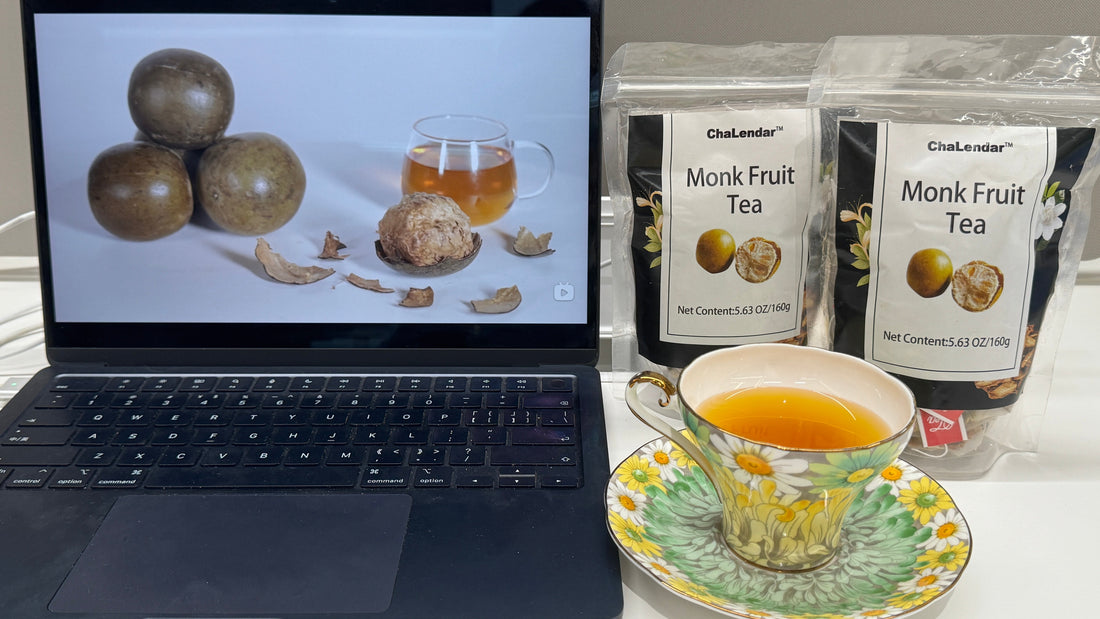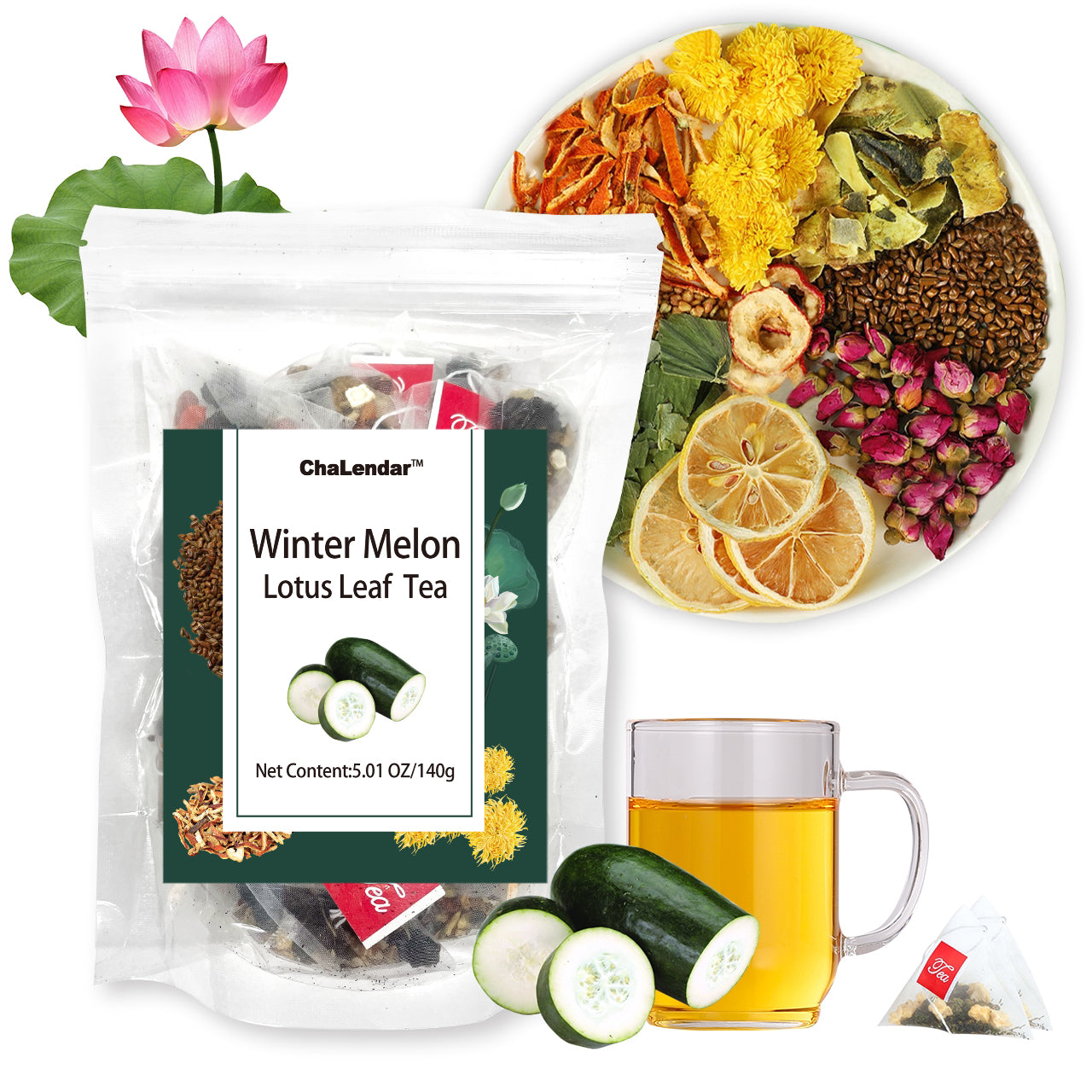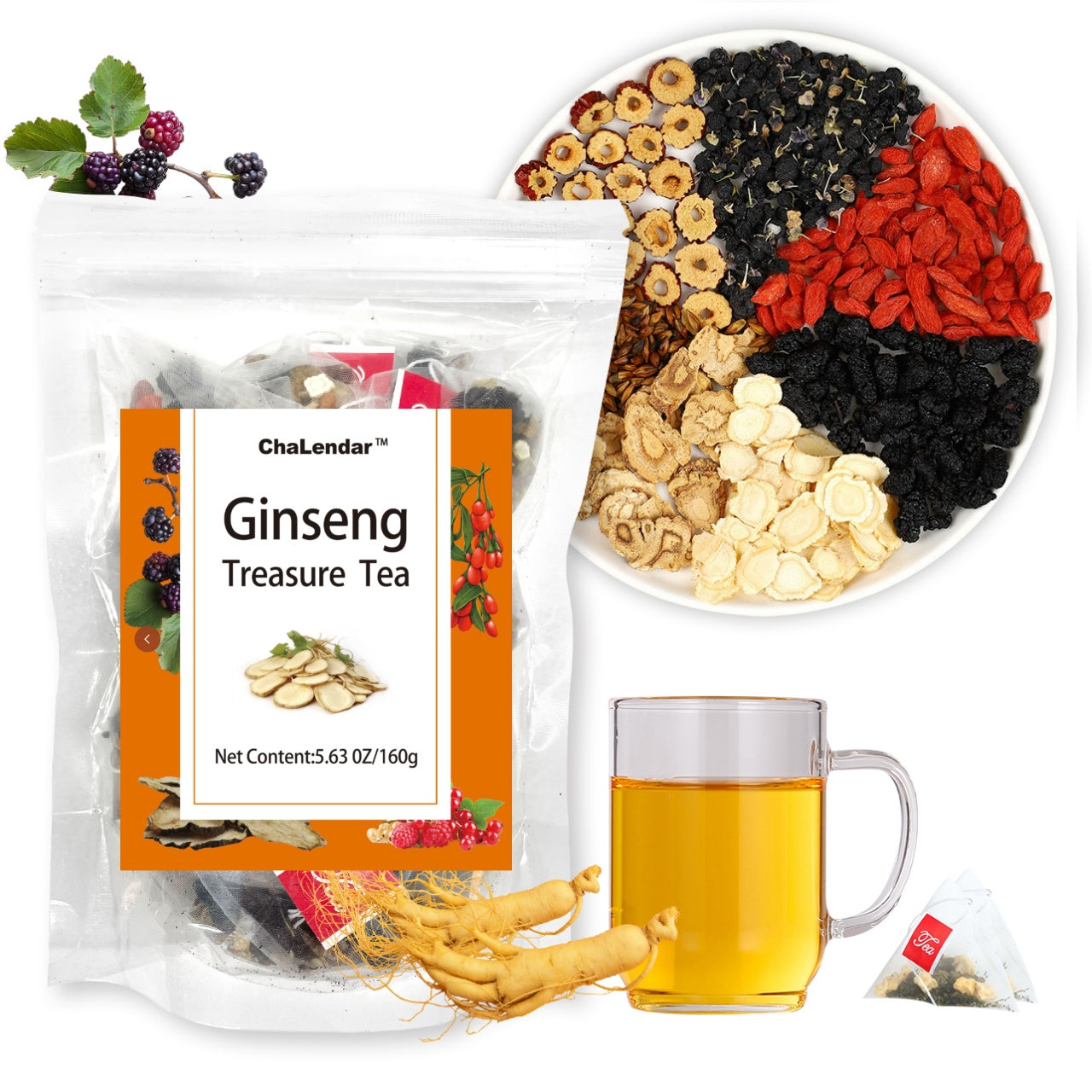
How Much Do You Know About the Benefits of Monk Fruit? A Natural Sweetener With Powerful Health Benefits
Share
Monk fruit may look like a humble green ball, but this ancient Chinese herb — also known as luo han guo — is packed with incredible health benefits. Used for centuries in Traditional Chinese Medicine (TCM), monk fruit is gaining global popularity today as a natural, low-calorie sweetener and a powerful wellness booster.
So, how much do you really know about this fascinating fruit? Let’s explore its origins, health benefits, and how you can enjoy it in your daily life.
What Is Monk Fruit?
Monk fruit is a small, round melon native to southern China. It was traditionally harvested by Buddhist monks in the mountains of Guilin — hence the name “monk fruit.” The fruit itself is rarely eaten fresh; instead, it’s dried and used to make herbal teas or processed into an extract that serves as a sweetener.
Unlike sugar, monk fruit sweetener contains zero calories and doesn’t raise blood sugar levels, making it a favorite for people seeking natural alternatives.
Key Health Benefits of Monk Fruit
1. Natural Sweetness Without the Guilt
Monk fruit gets its intense sweetness from compounds called mogrosides, which are 100–250 times sweeter than sugar but don’t contribute any calories or carbs. It’s a perfect sweetener for people managing diabetes, watching their weight, or avoiding artificial additives.
2. Rich in Antioxidants
Mogrosides aren’t just sweet — they’re also powerful antioxidants that help fight free radicals and reduce oxidative stress in the body. This may support healthy aging and immune function.
3. Soothes the Throat and Lungs
In TCM, monk fruit is often used in herbal teas to relieve sore throats, coughs, and dryness. It’s considered a cooling herb that moistens the lungs and reduces internal heat, especially beneficial in hot climates or during illness.
4. Supports Blood Sugar Balance
Because it doesn't cause a spike in blood glucose, monk fruit is safe for diabetics and may help reduce sugar intake over time. It’s also tooth-friendly and won’t contribute to cavities.
How to Enjoy Monk Fruit
Monk fruit is most commonly used in:
- Herbal teas (often paired with honeysuckle, chrysanthemum, or dried citrus)
- Natural sweeteners in drinks, smoothies, and desserts
- Homemade remedies for sore throats or coughs
You can try our Organic Monk Fruit Herbal Tea, a soothing blend that combines monk fruit with golden-flowered herbs to hydrate, detox, and cool the body — naturally and deliciously.
Monk fruit is much more than a sugar substitute. It’s a healing herb with a rich history, offering a sweet solution to modern health concerns like inflammation, blood sugar imbalance, and throat irritation. Whether you’re cutting sugar, managing heatiness, or simply looking for a naturally sweet wellness tea, monk fruit is a powerful — and tasty — ally.
Have you tried monk fruit tea yet? It might just become your new favorite daily ritual.
Ready to try this botanical brew?
Explore the Monk Fruit Tea →


